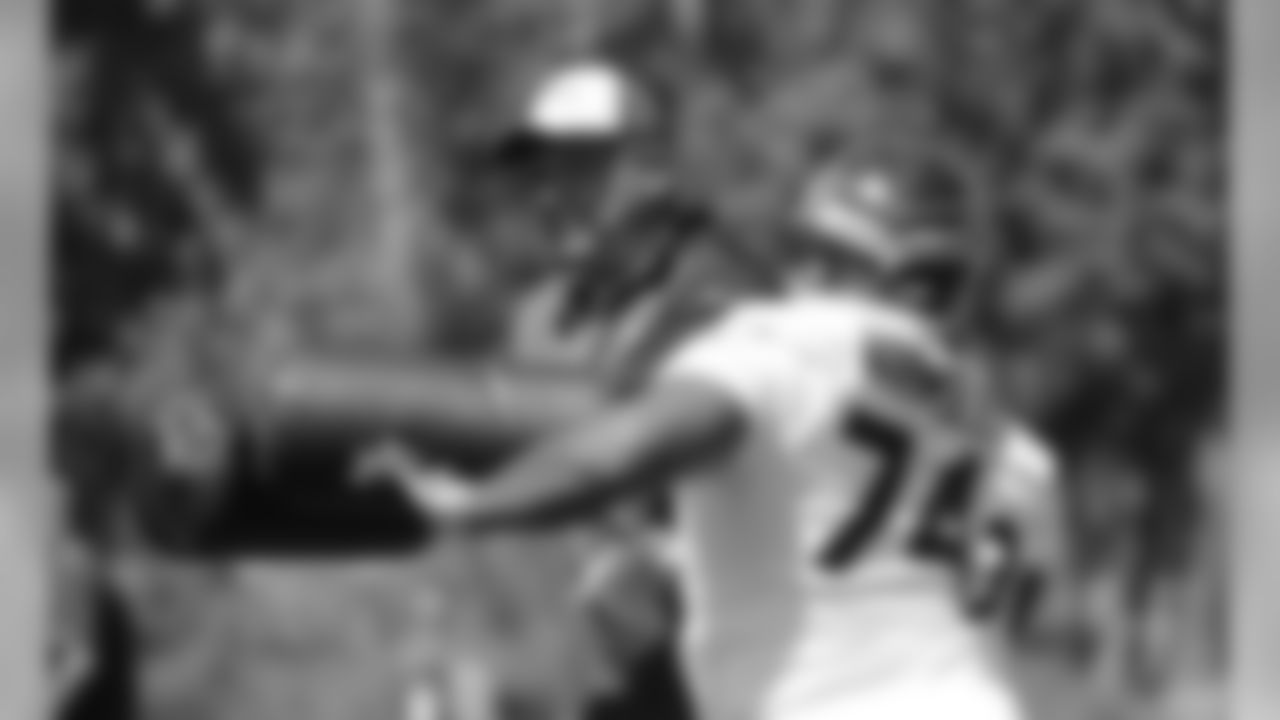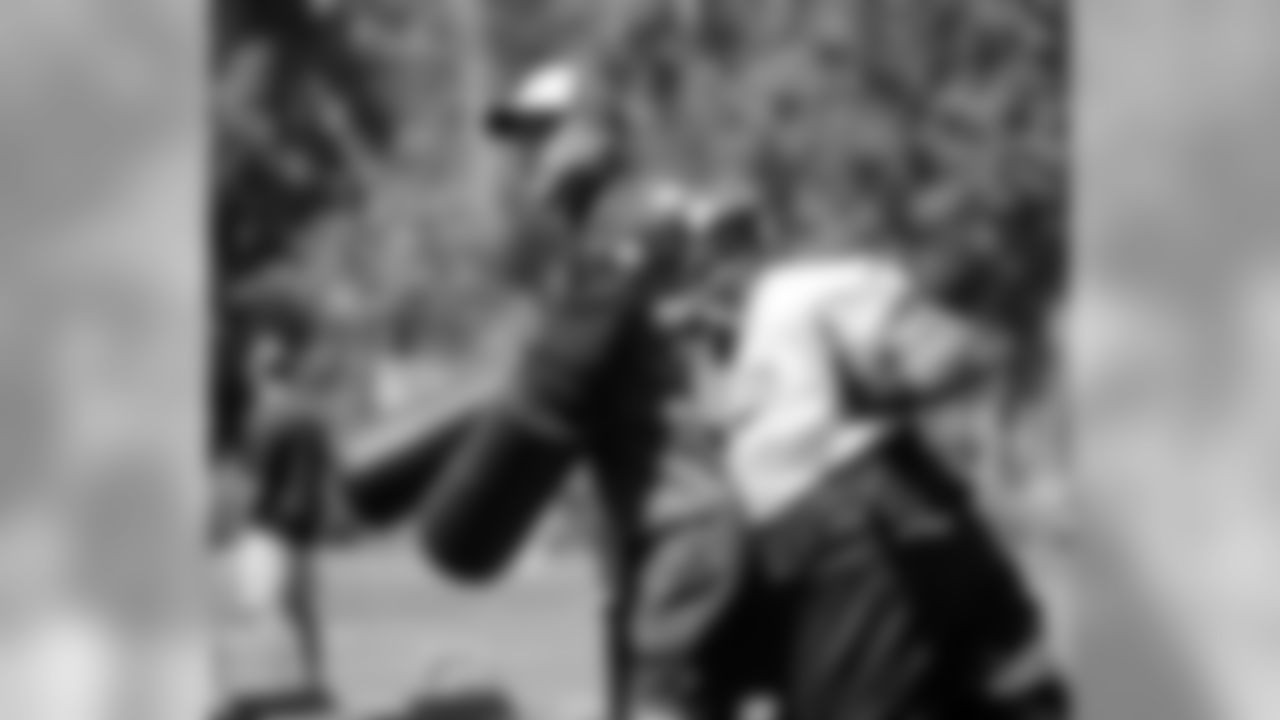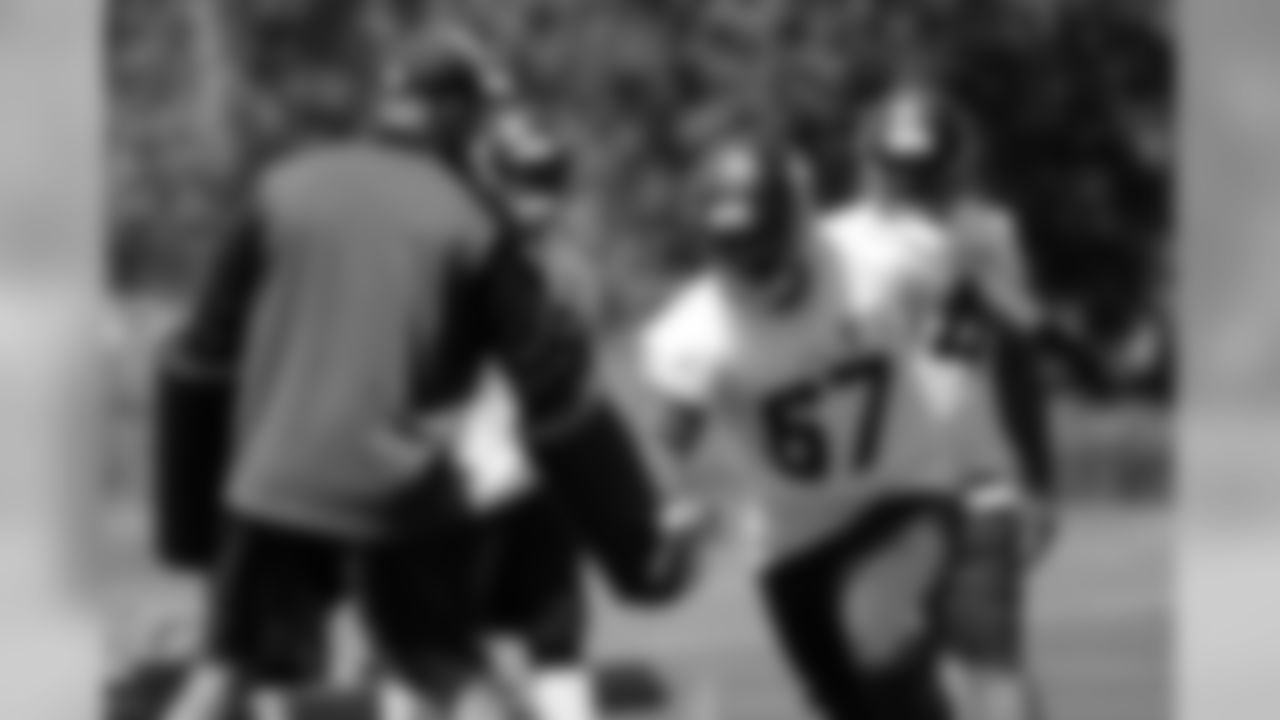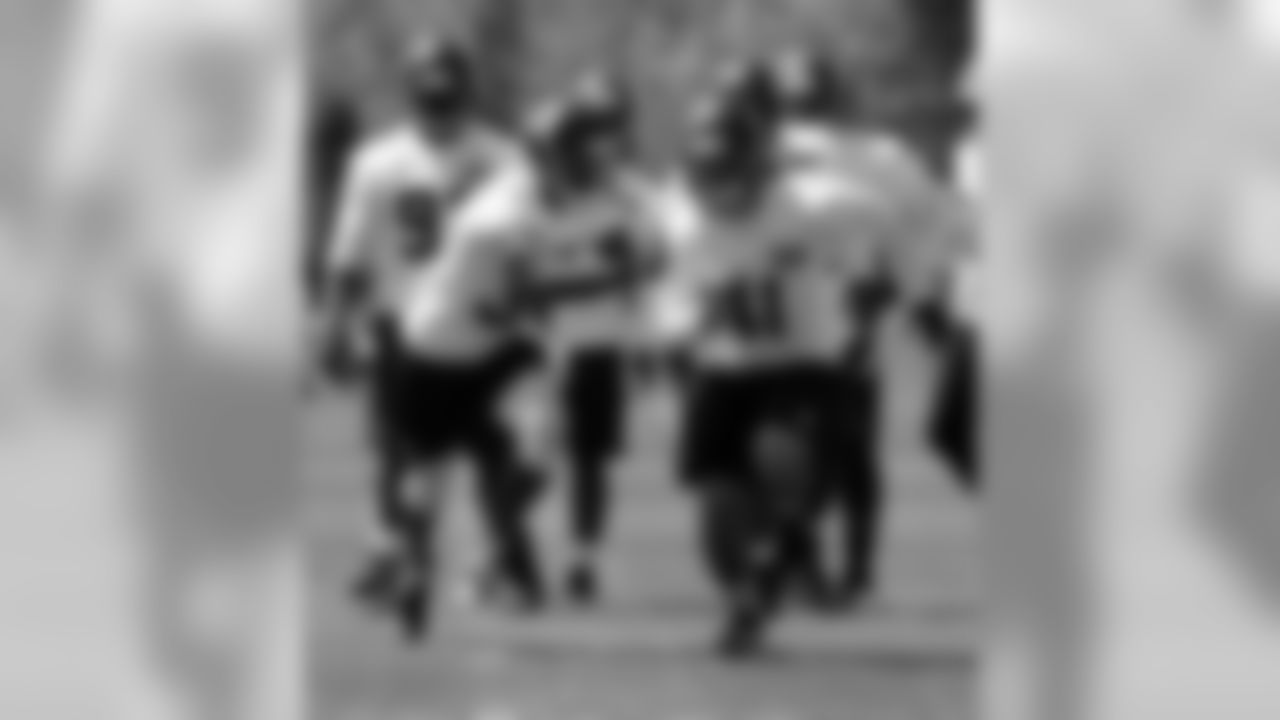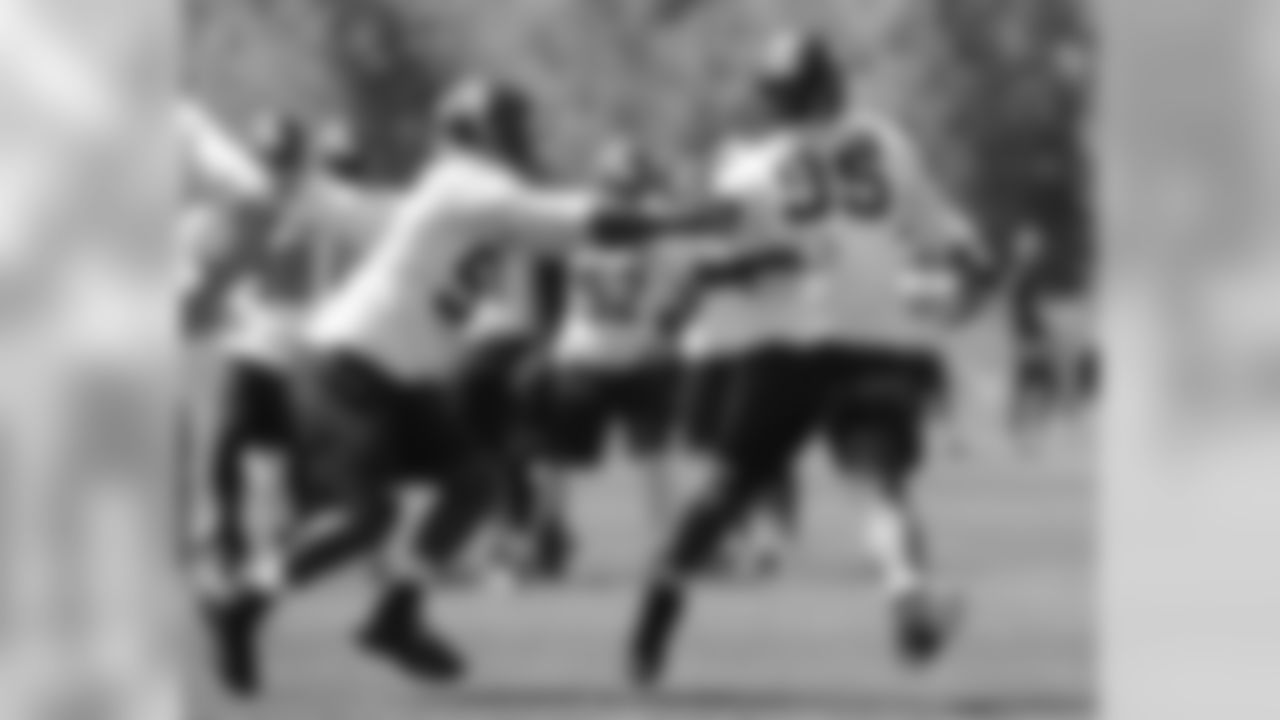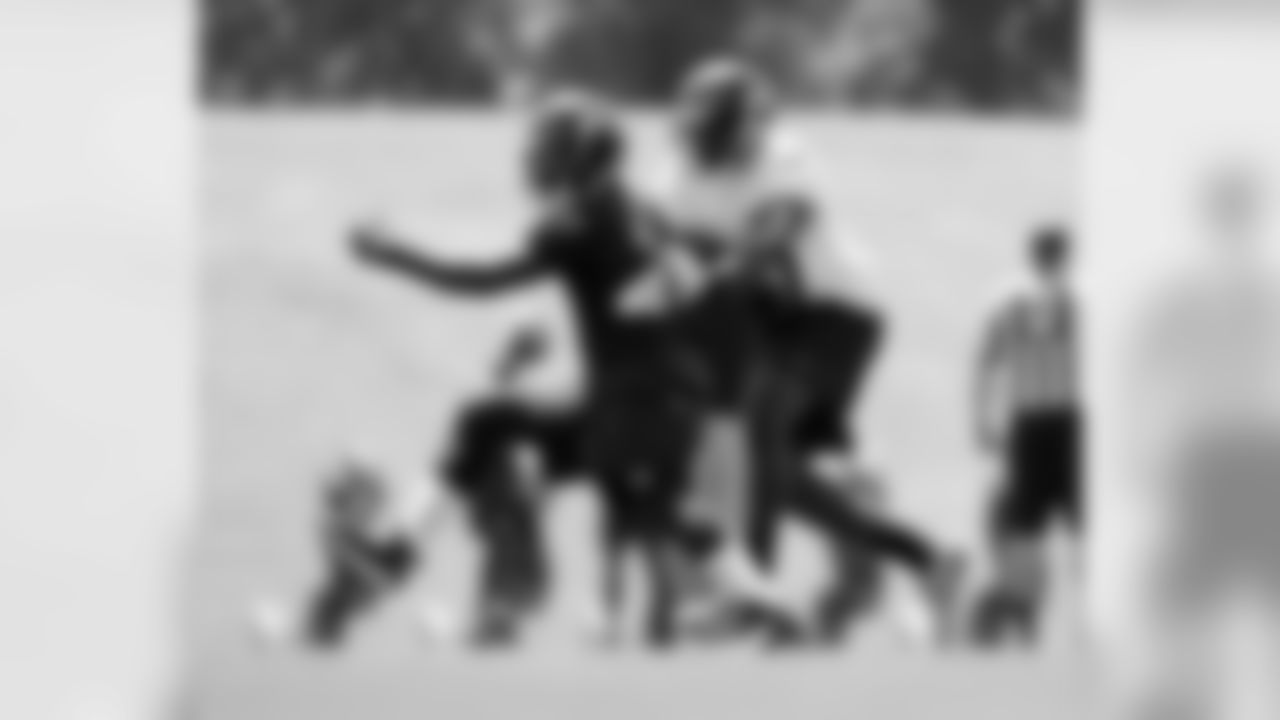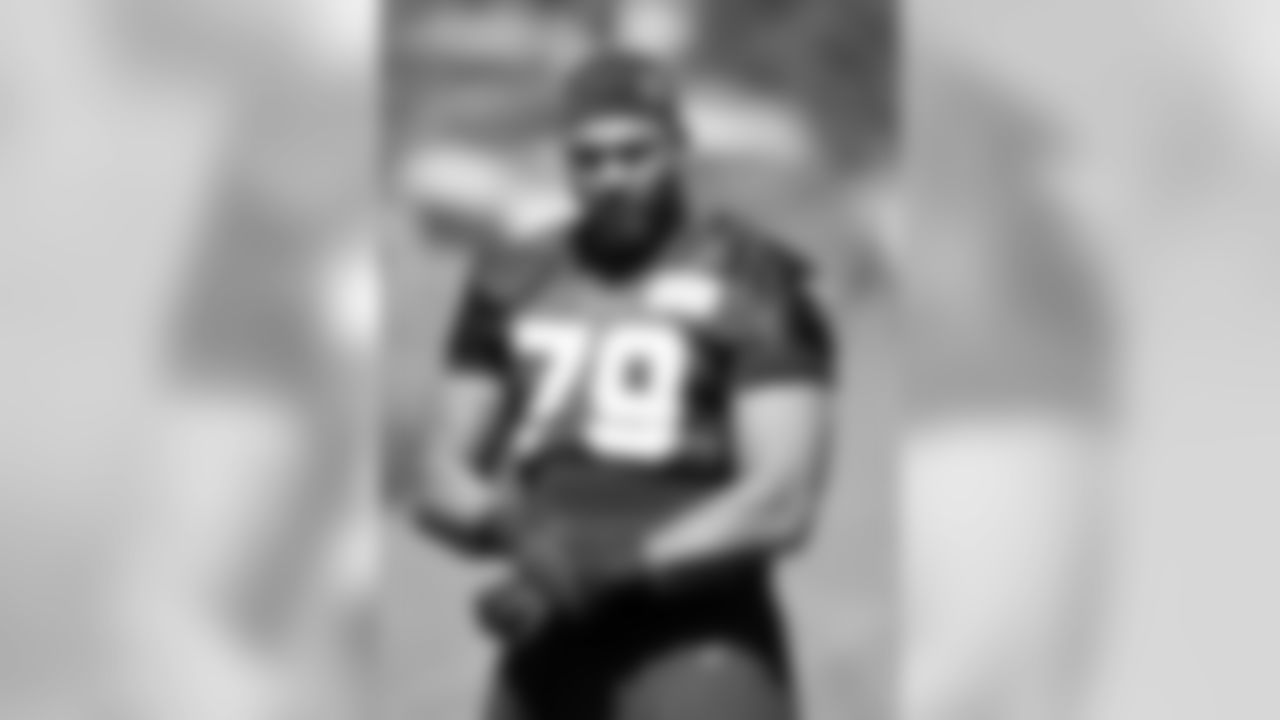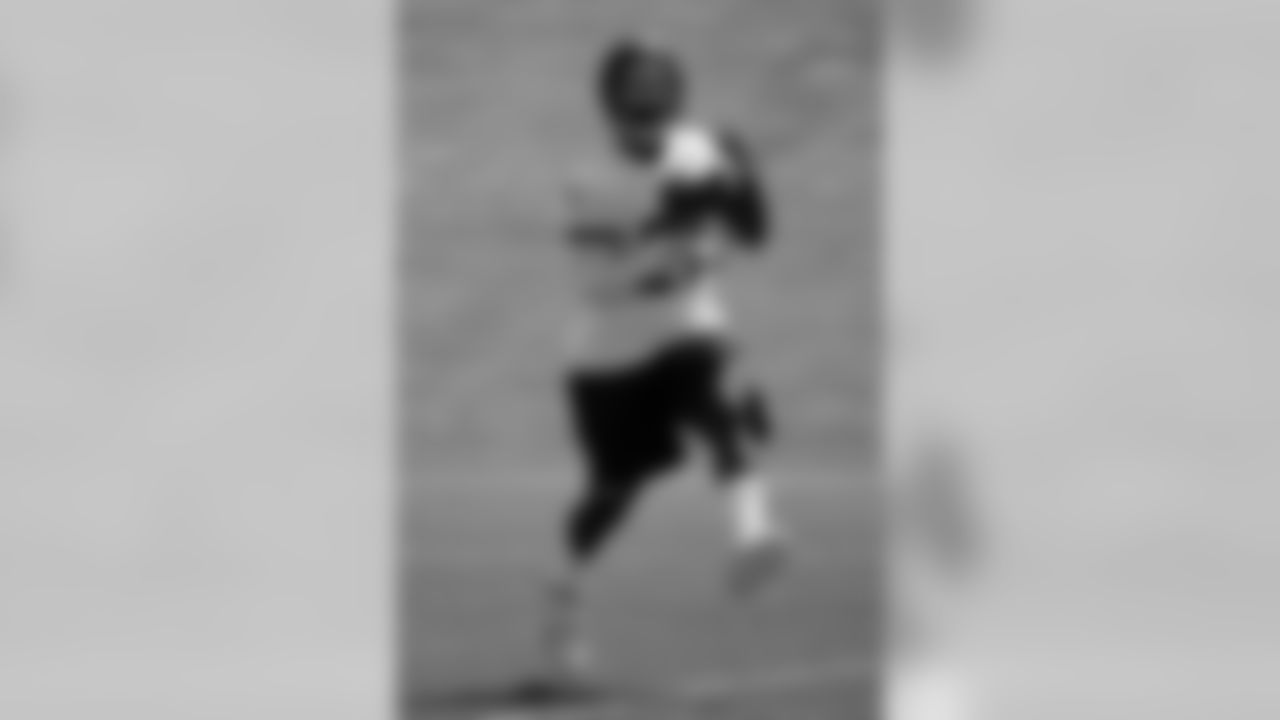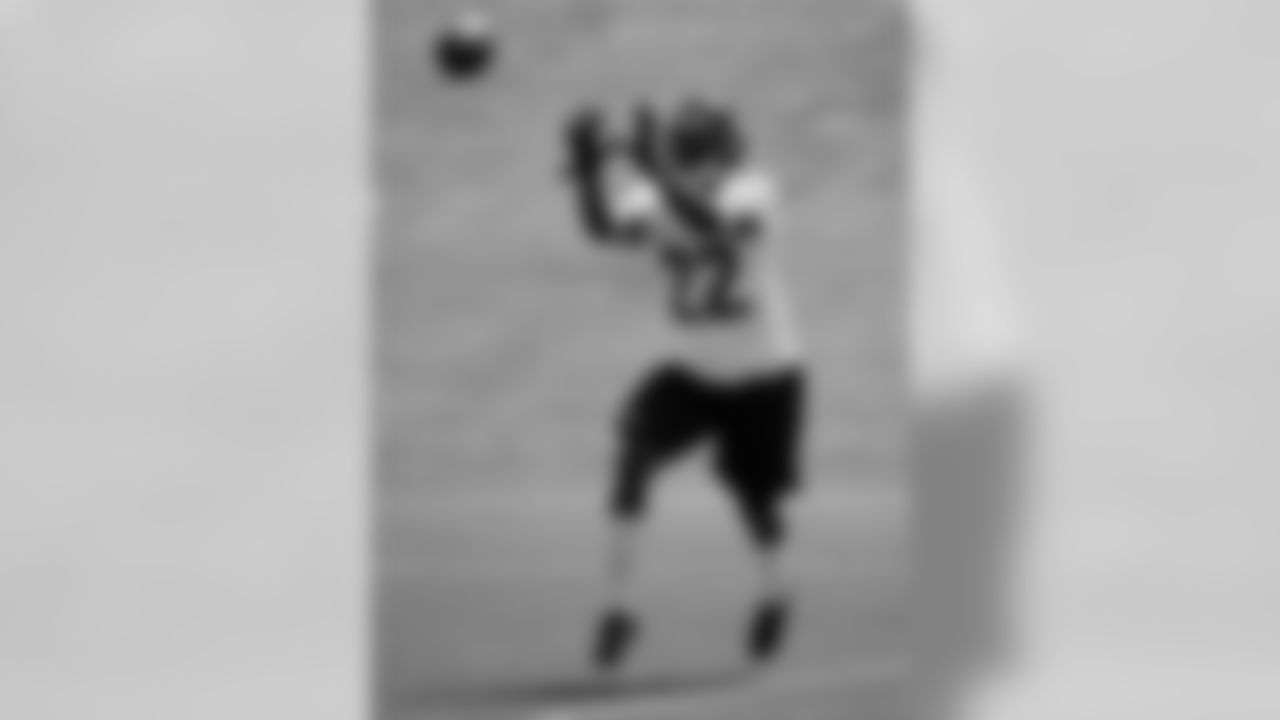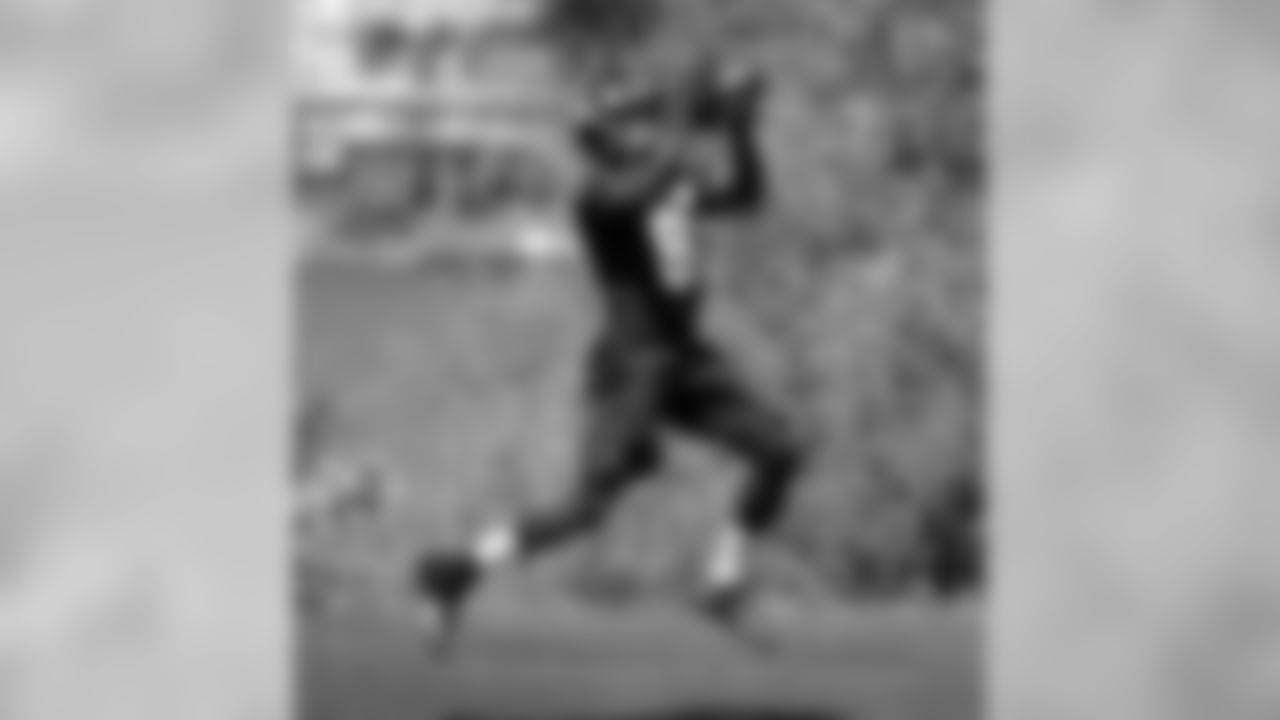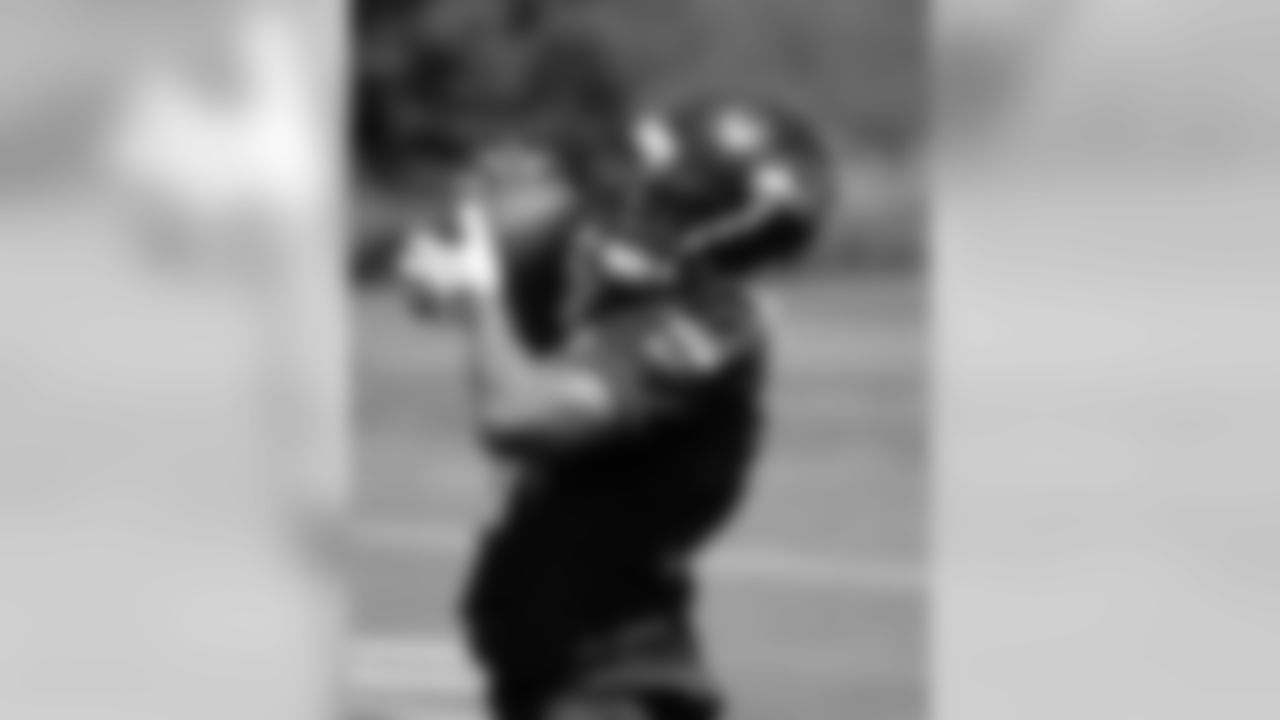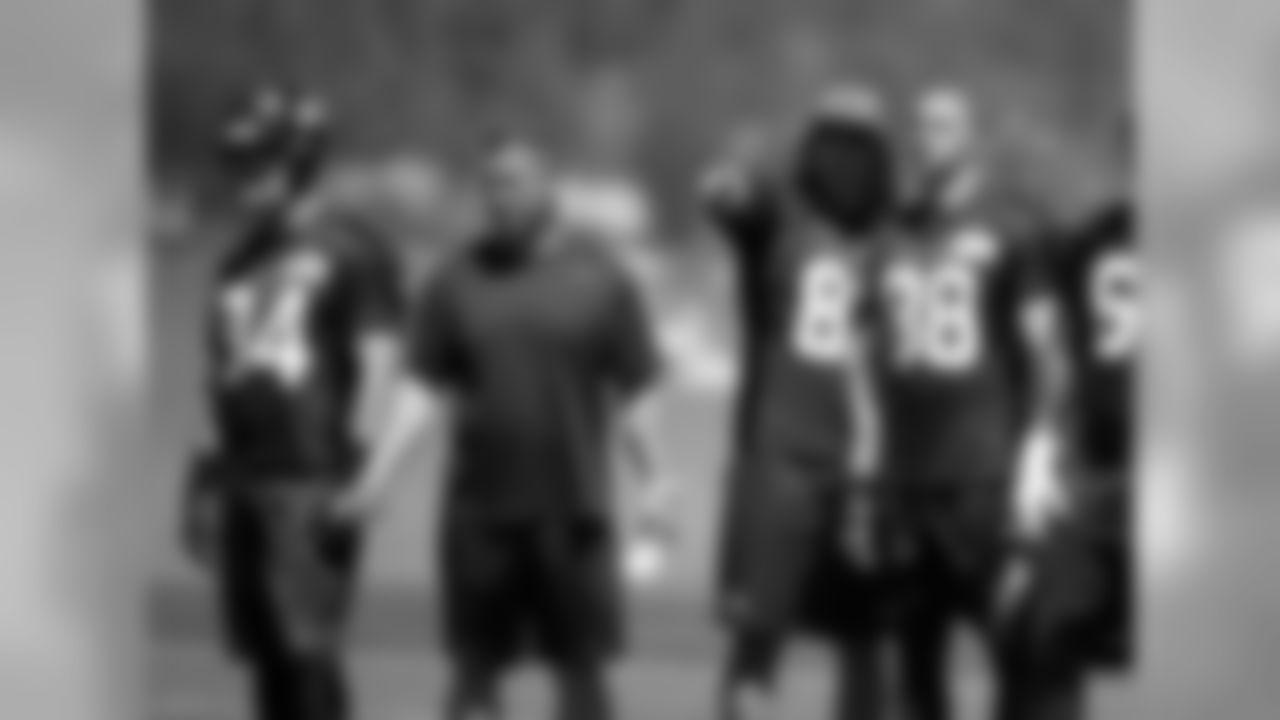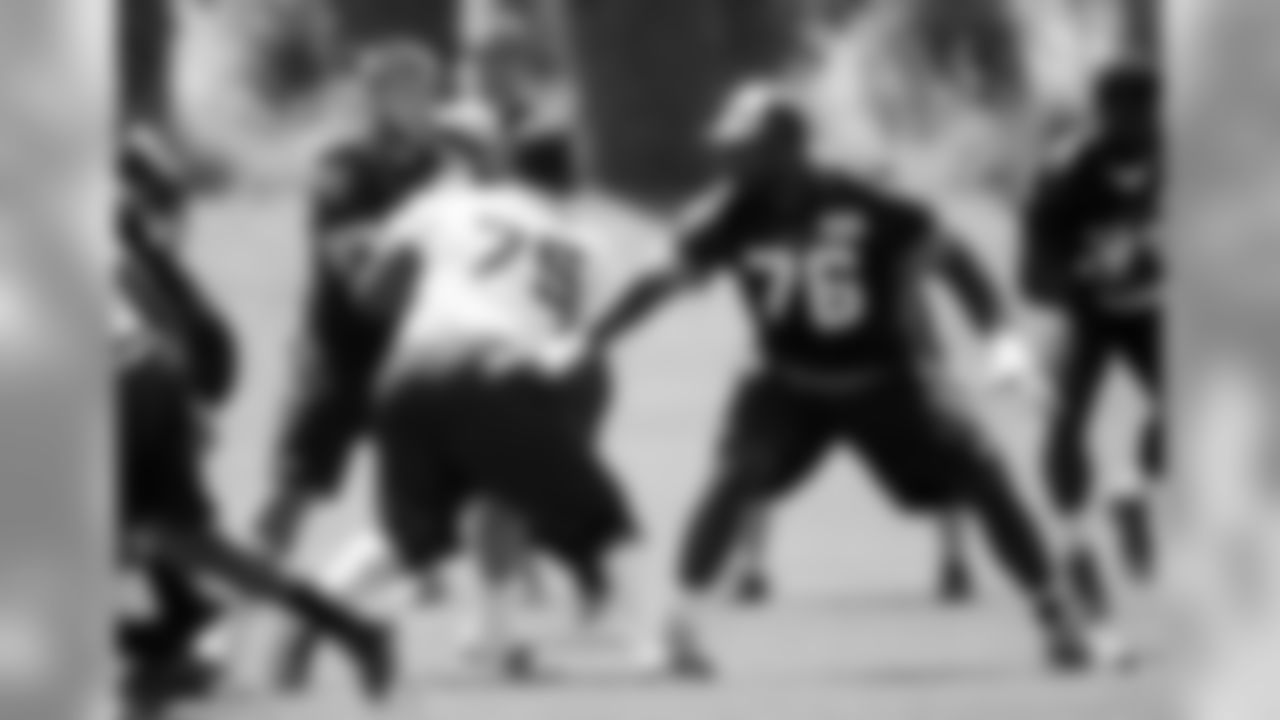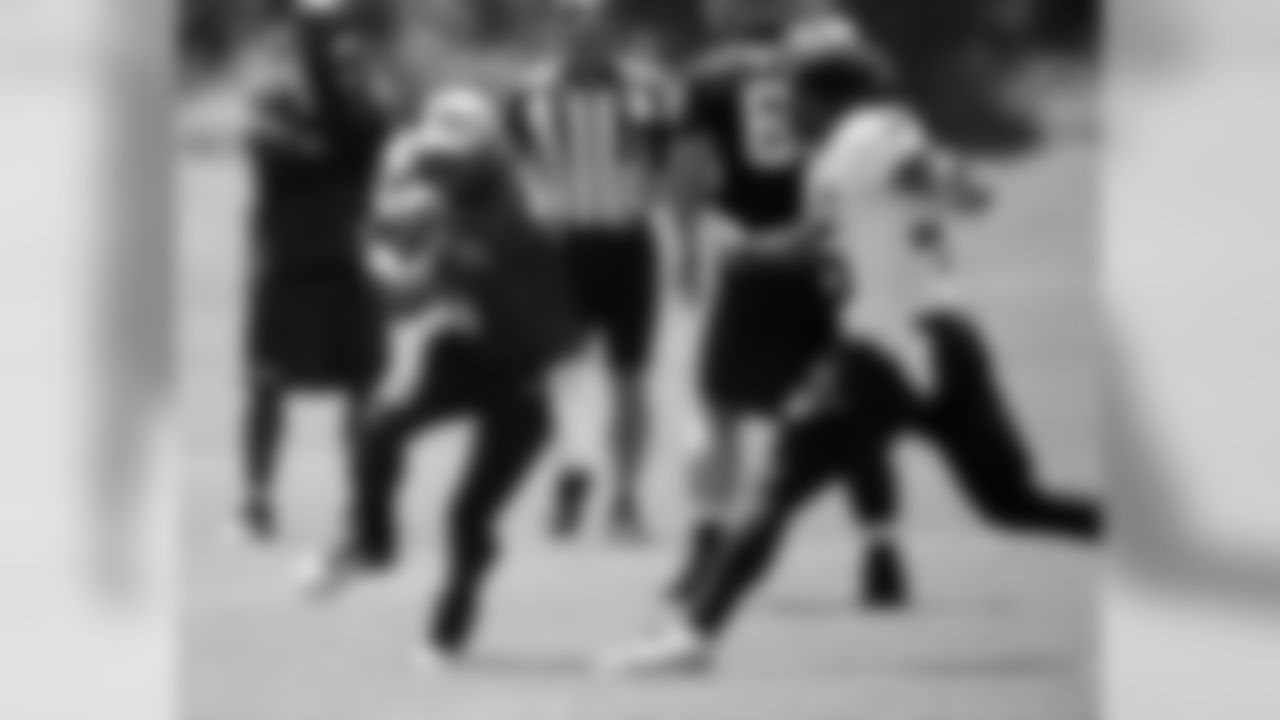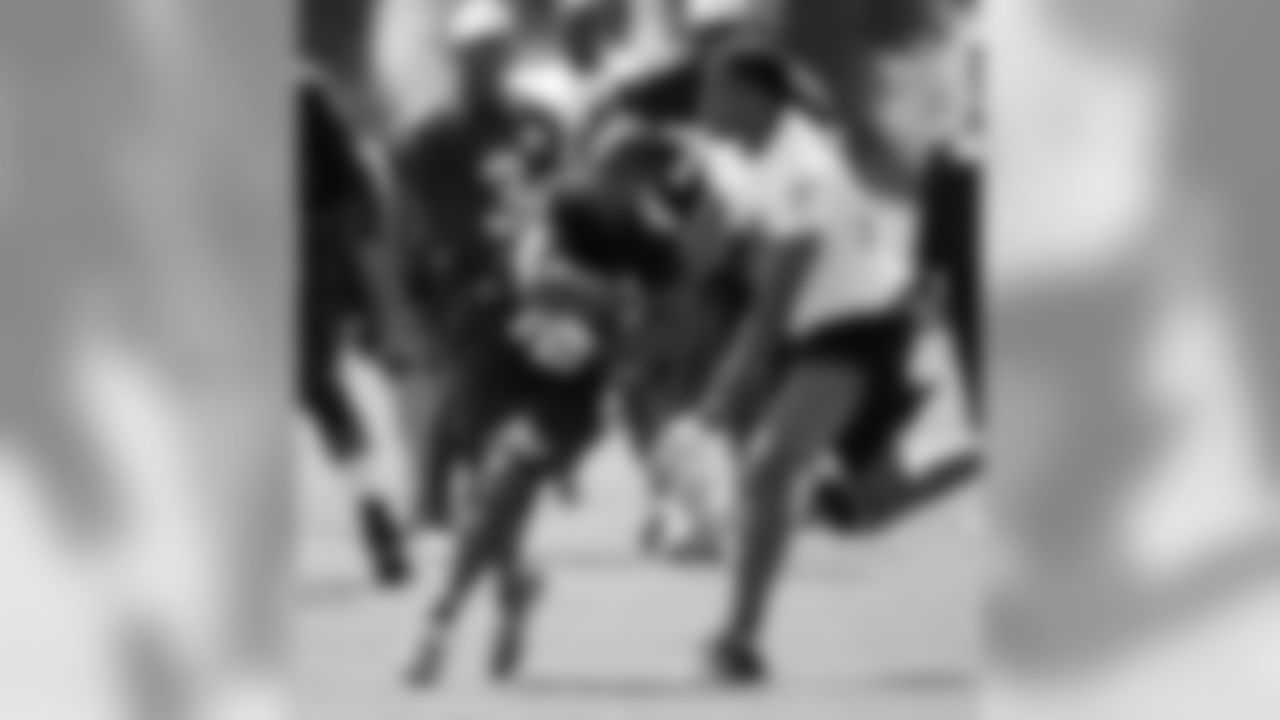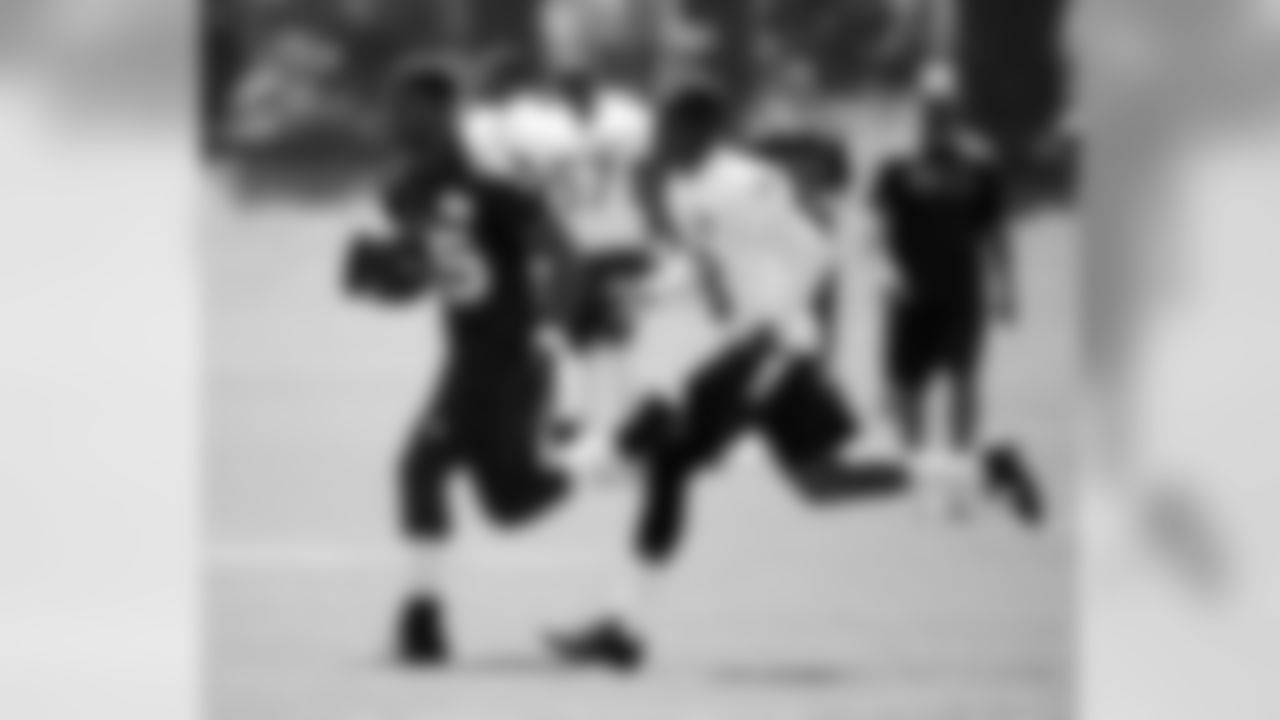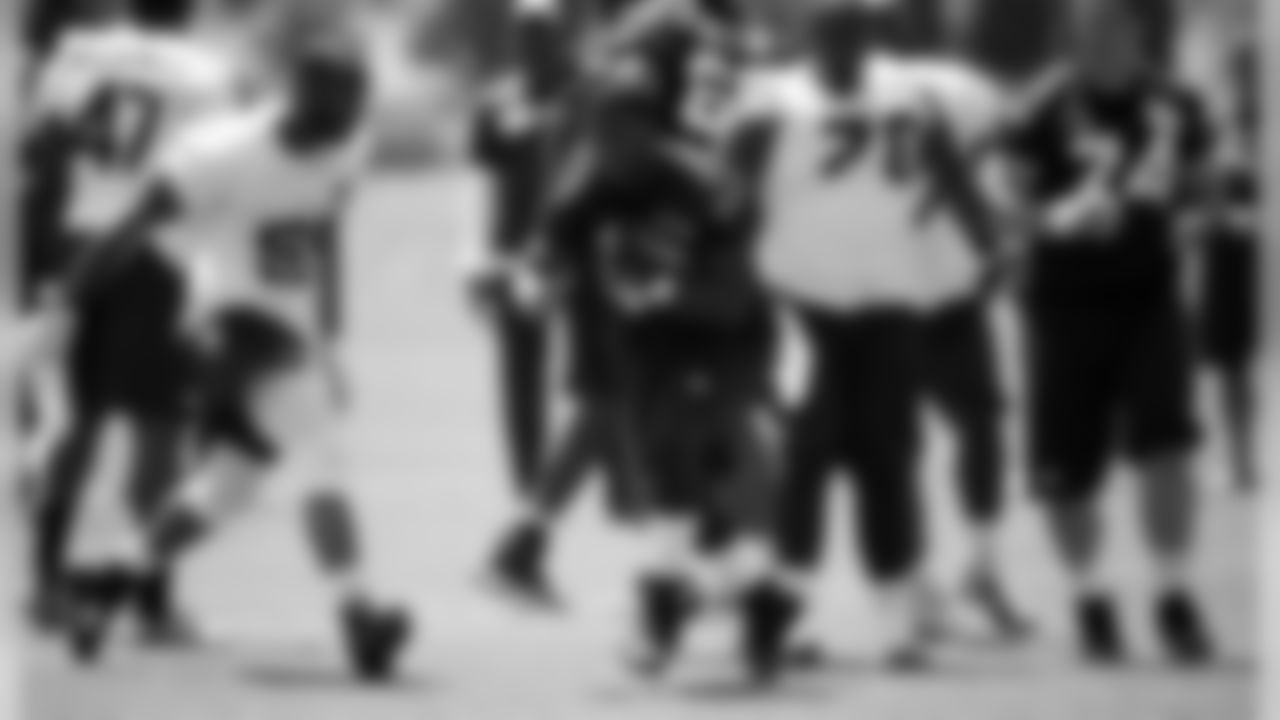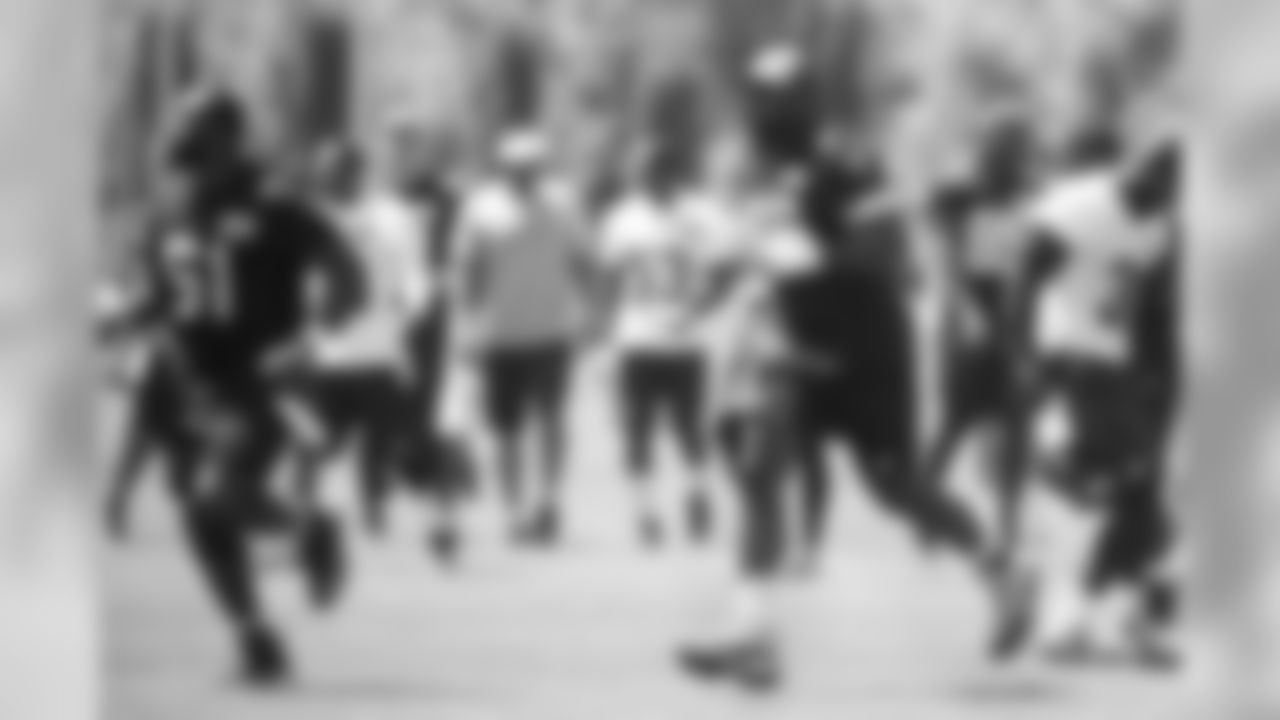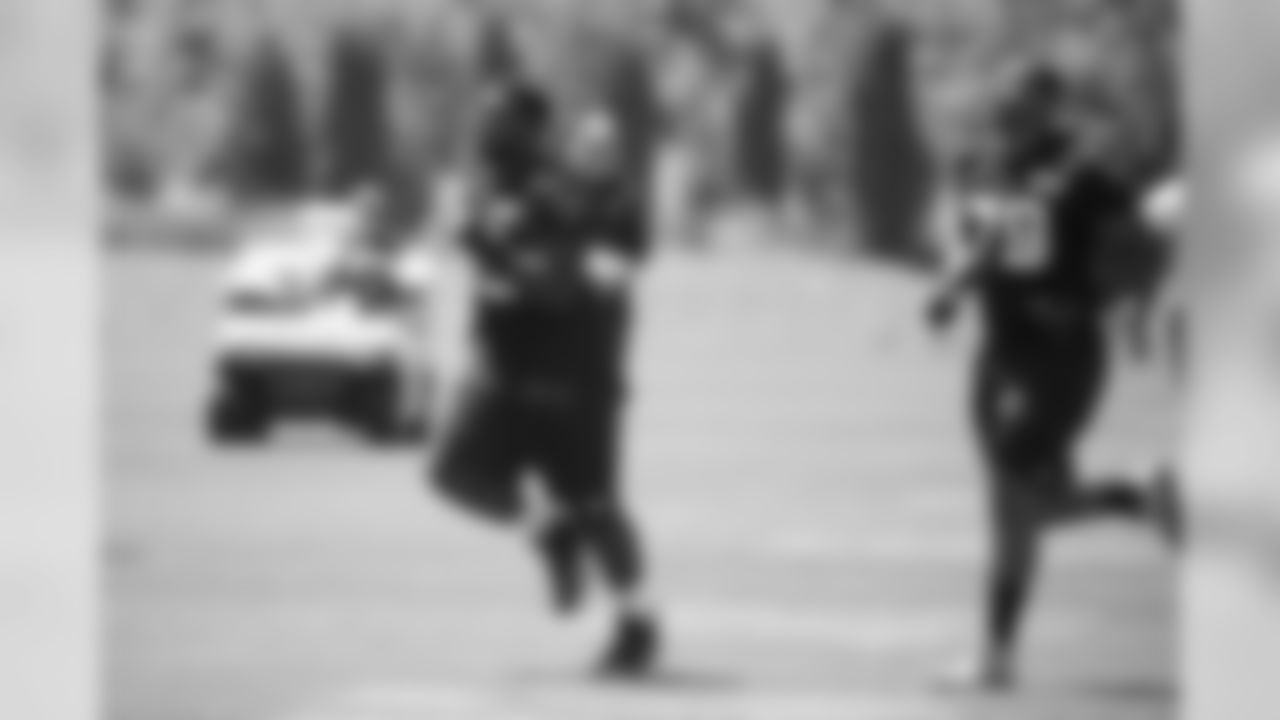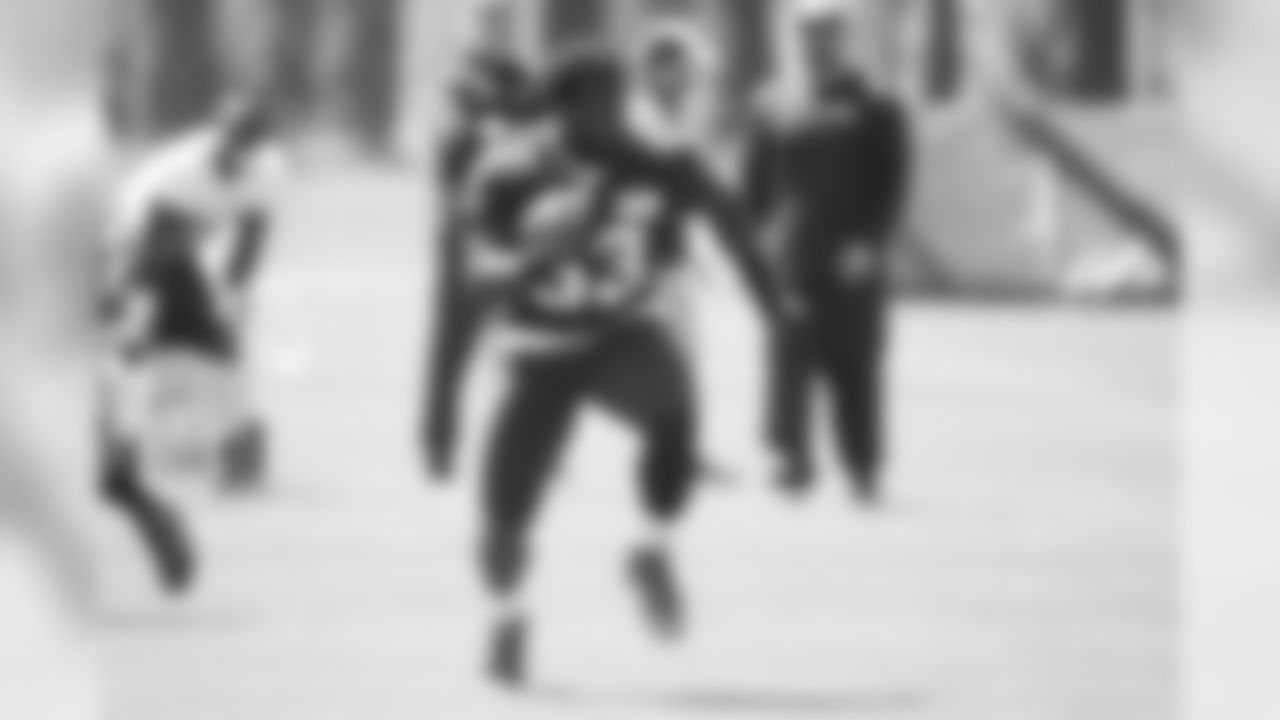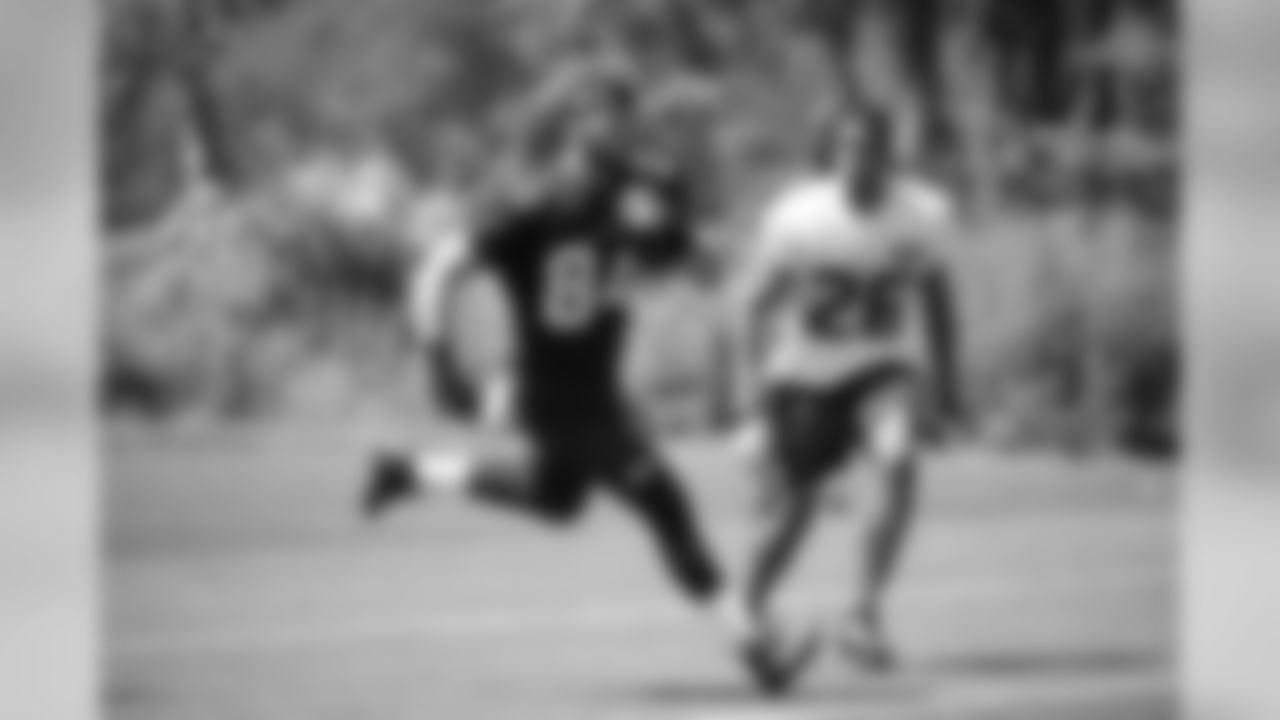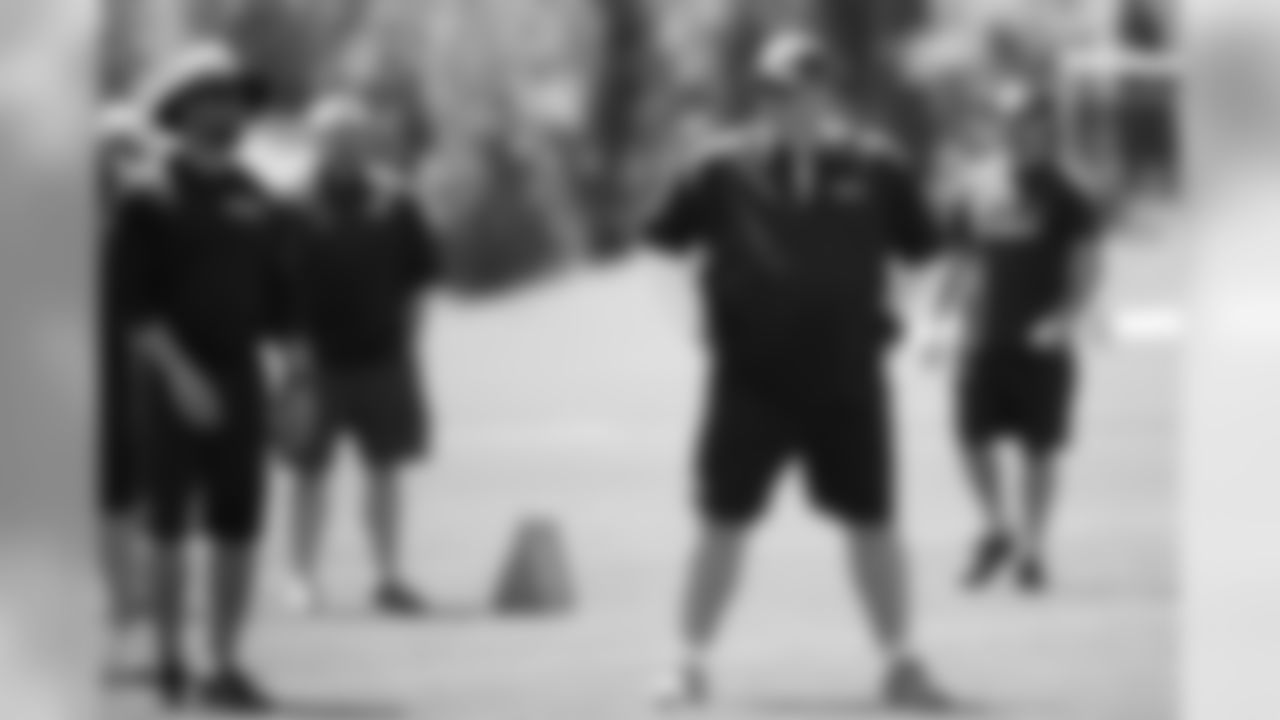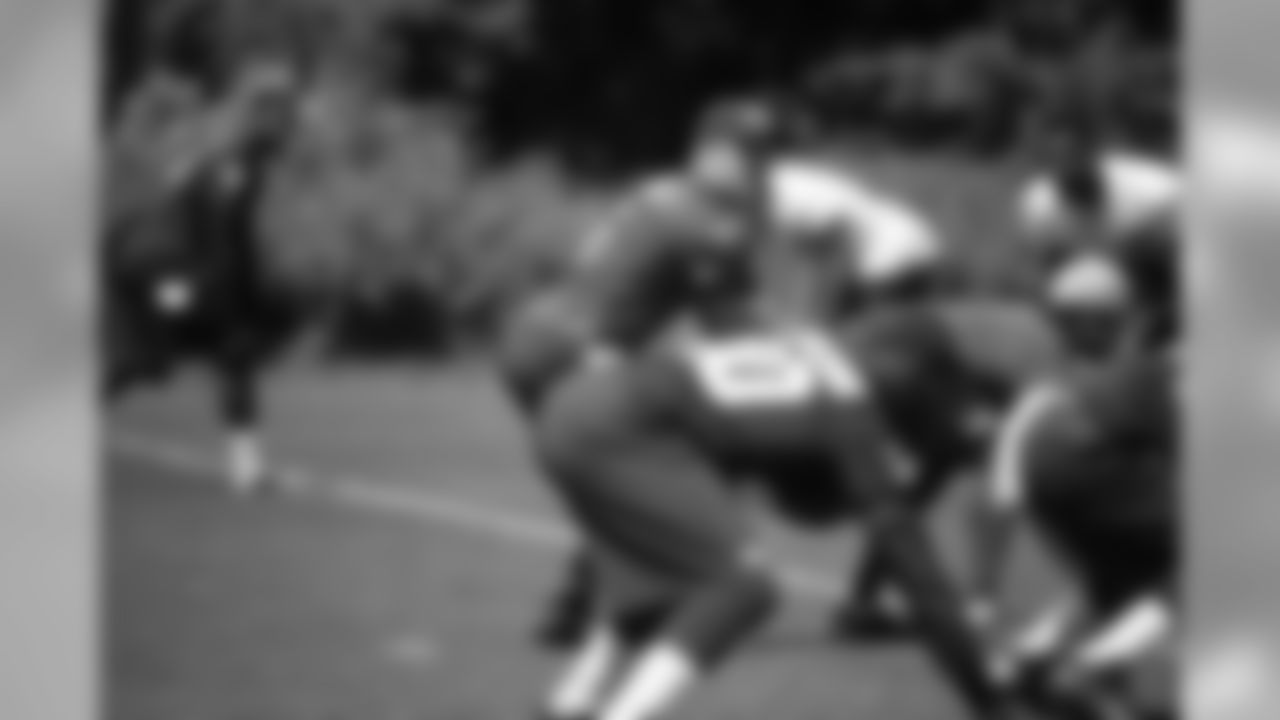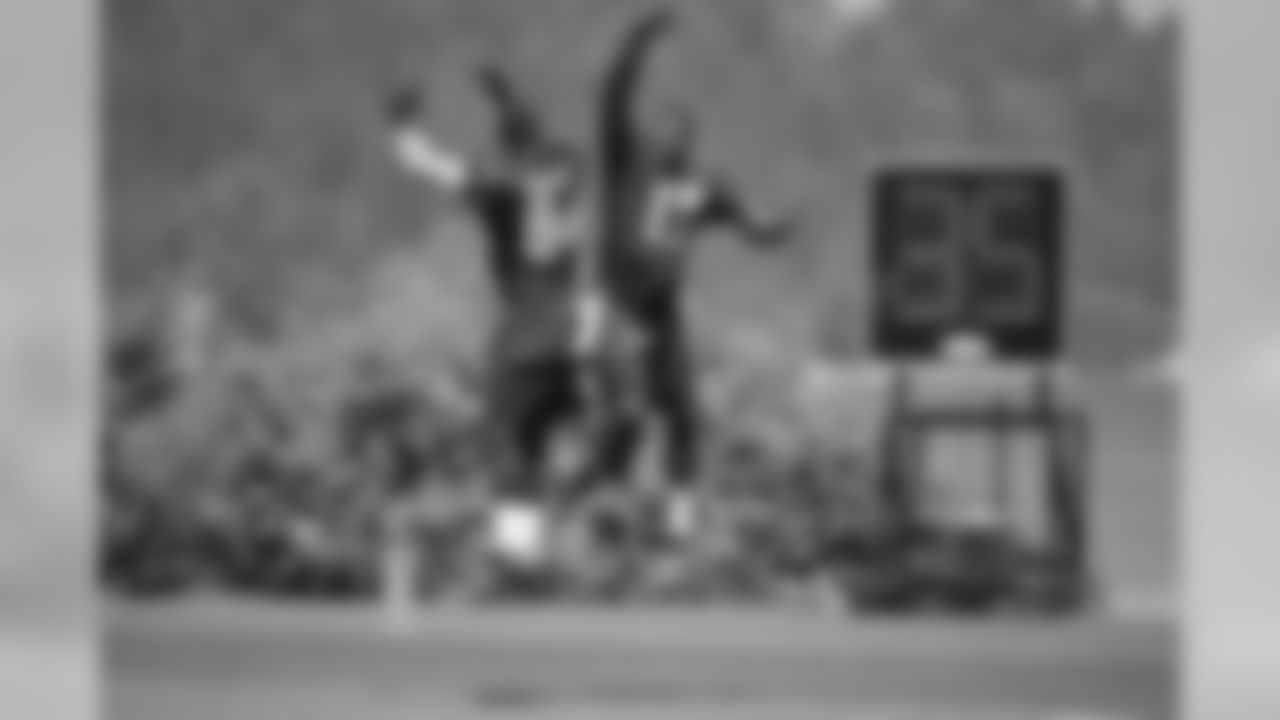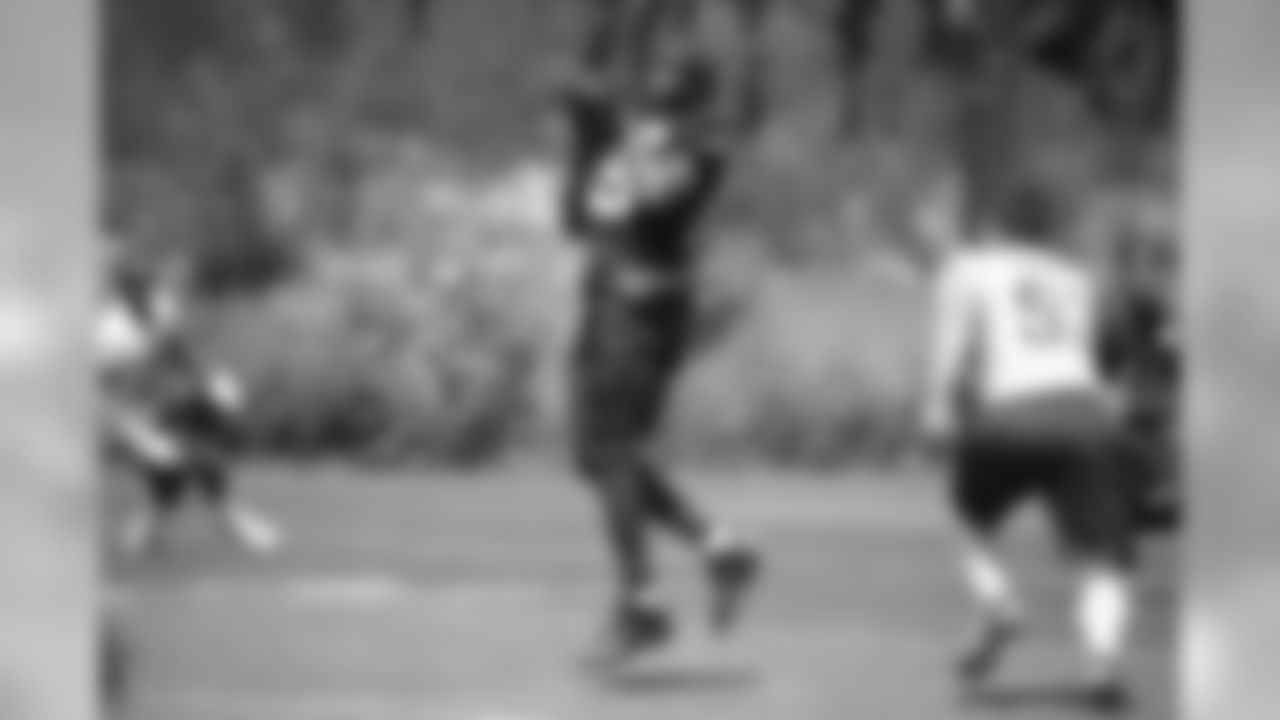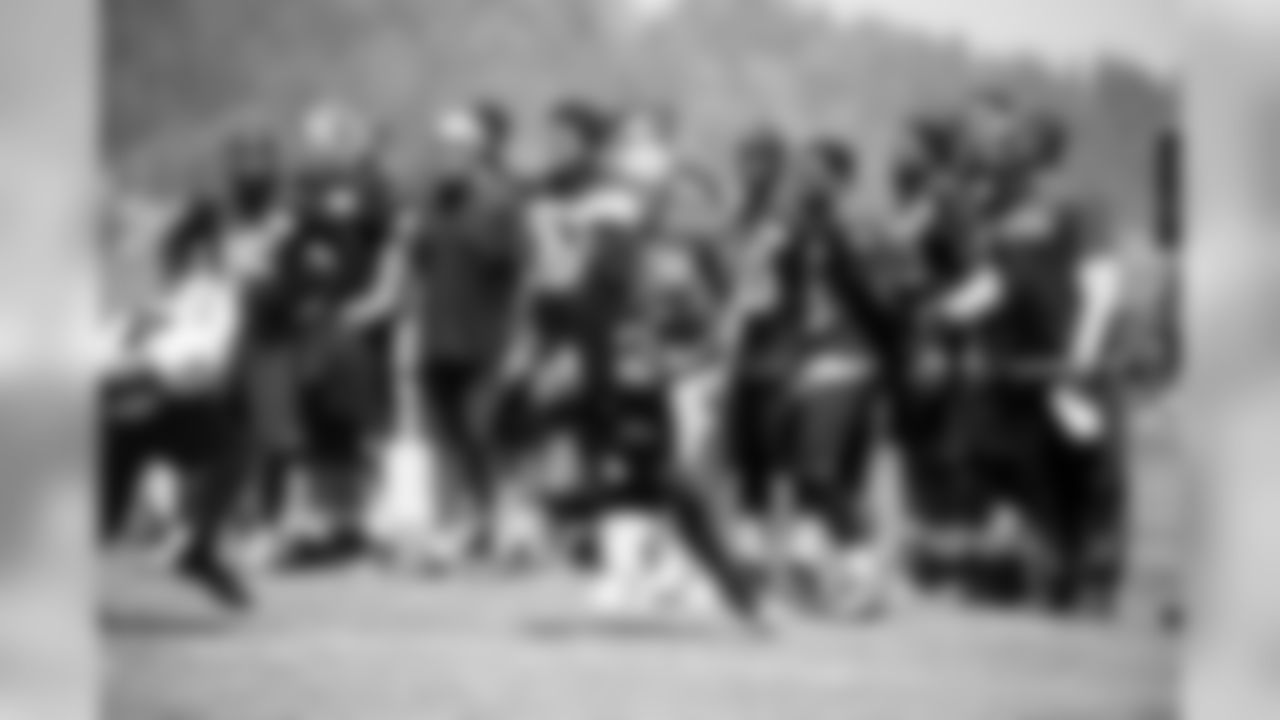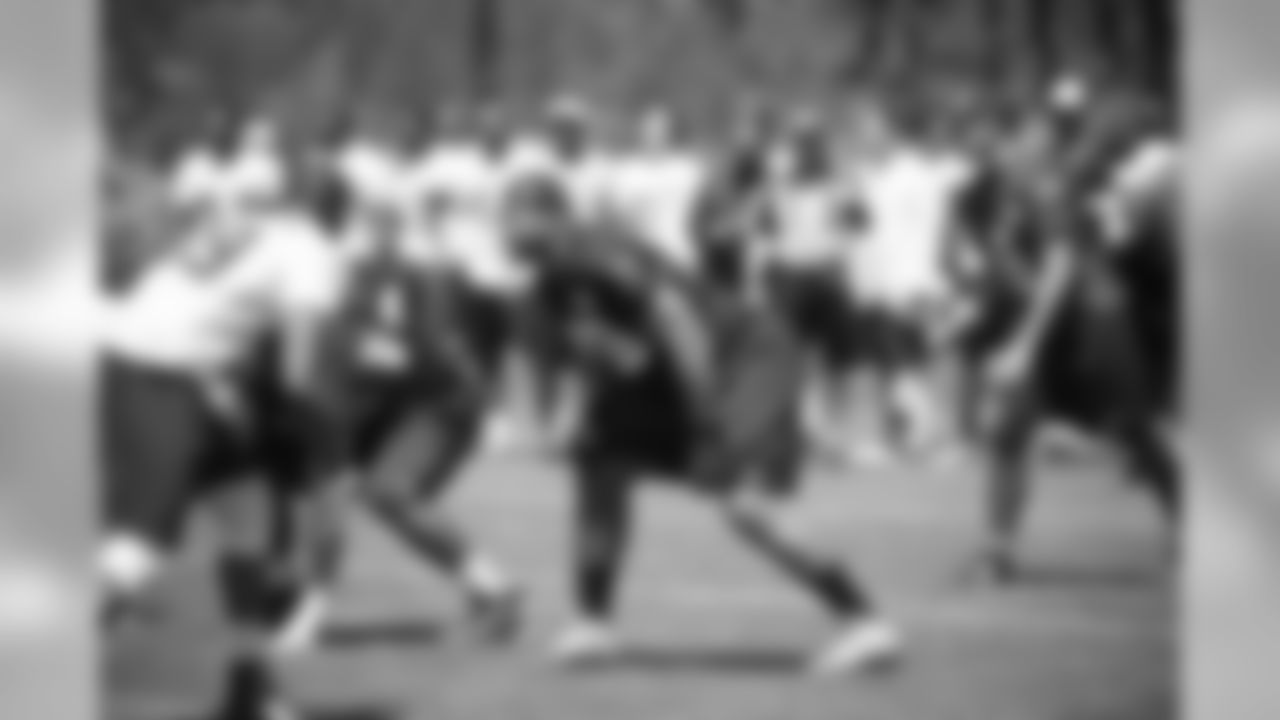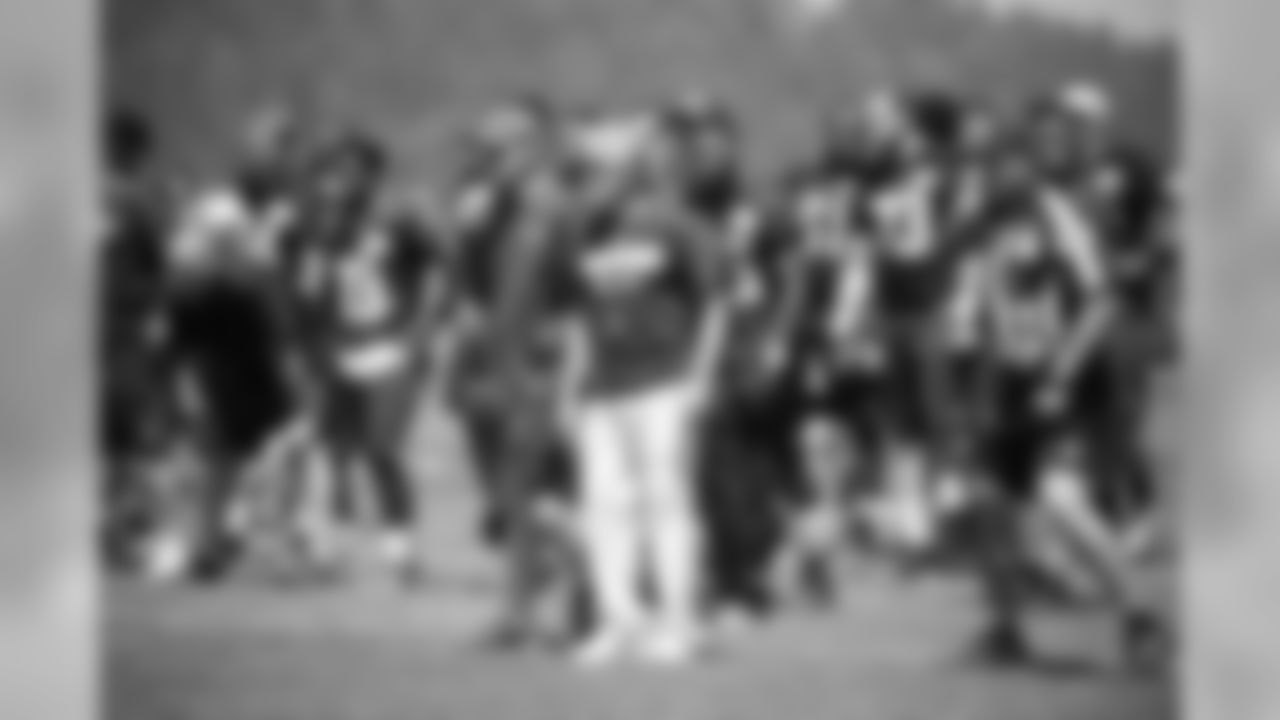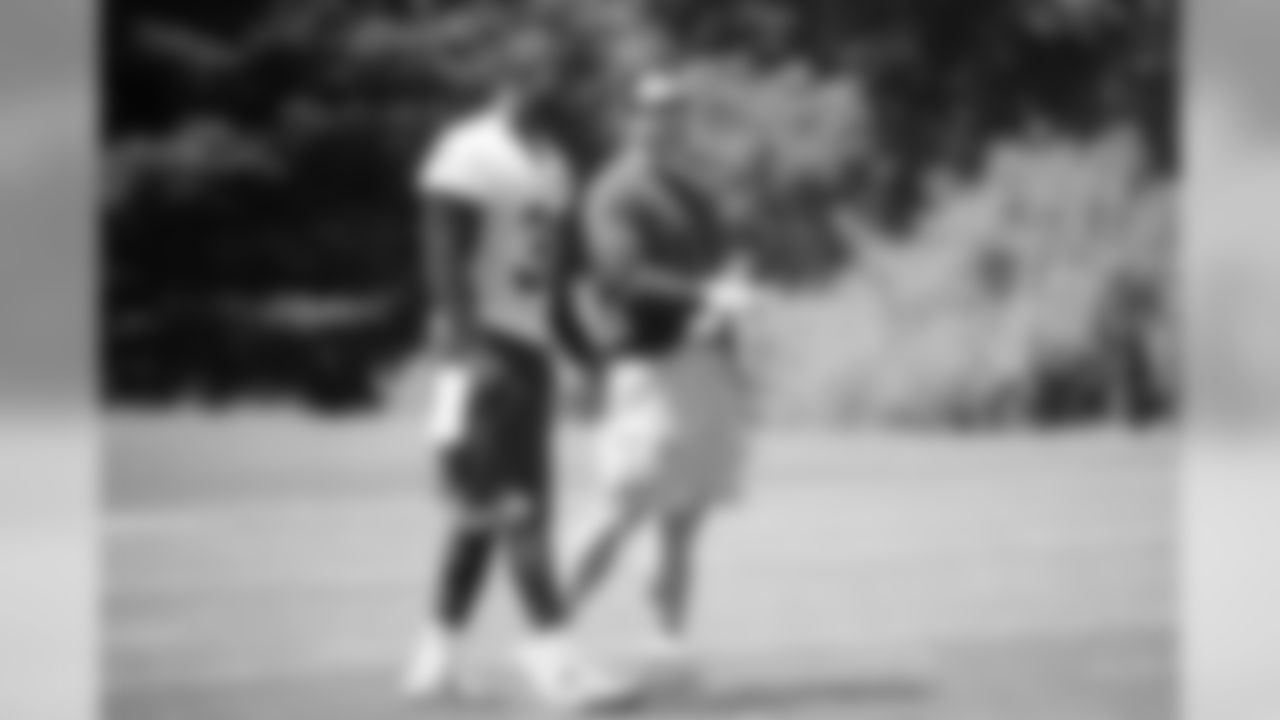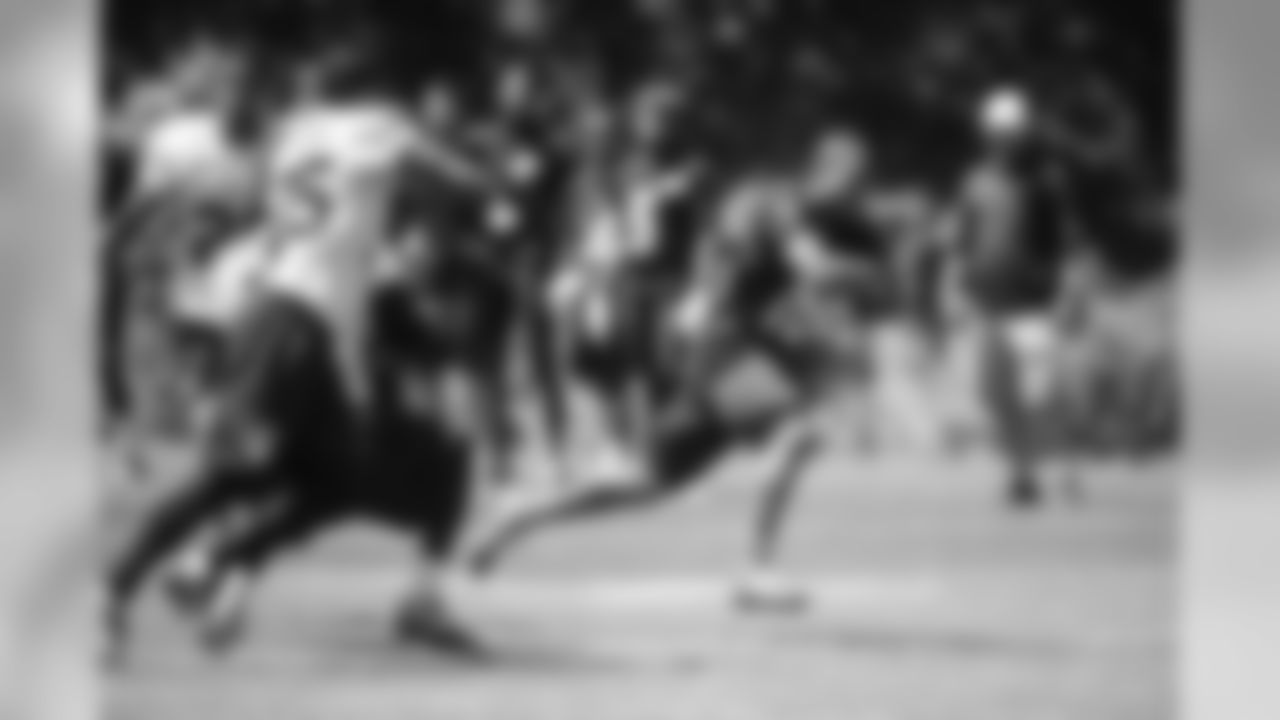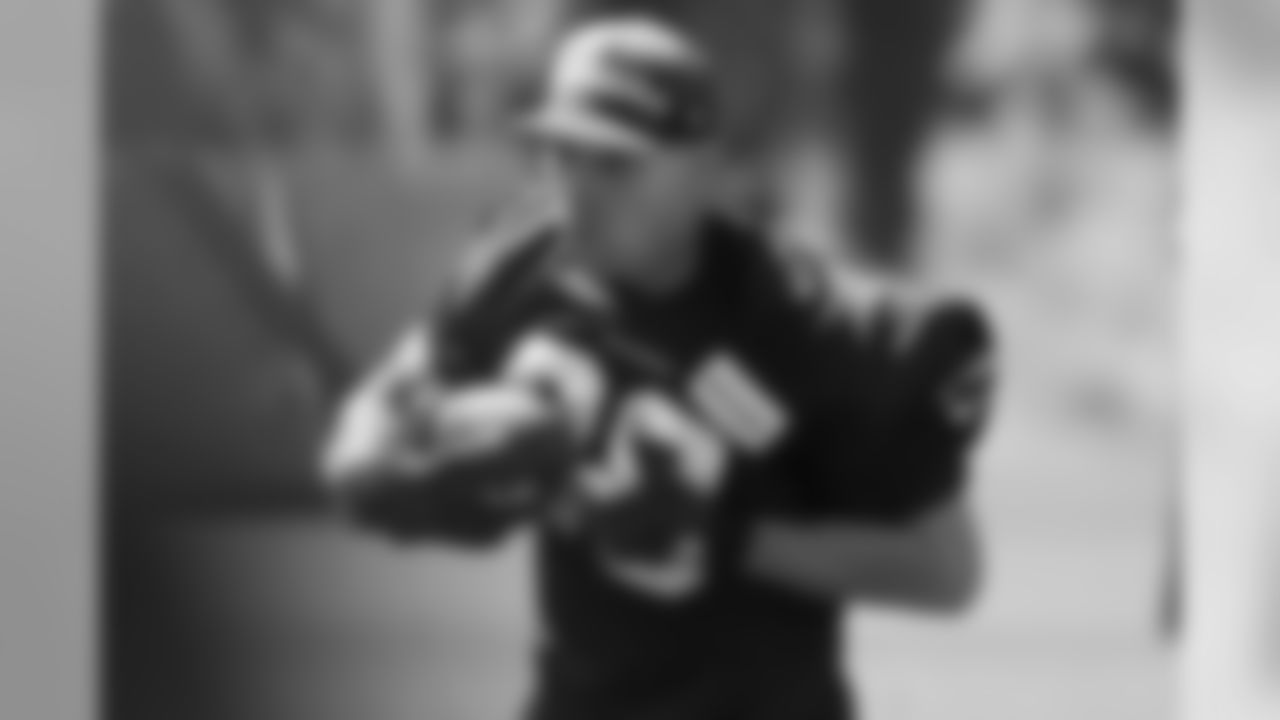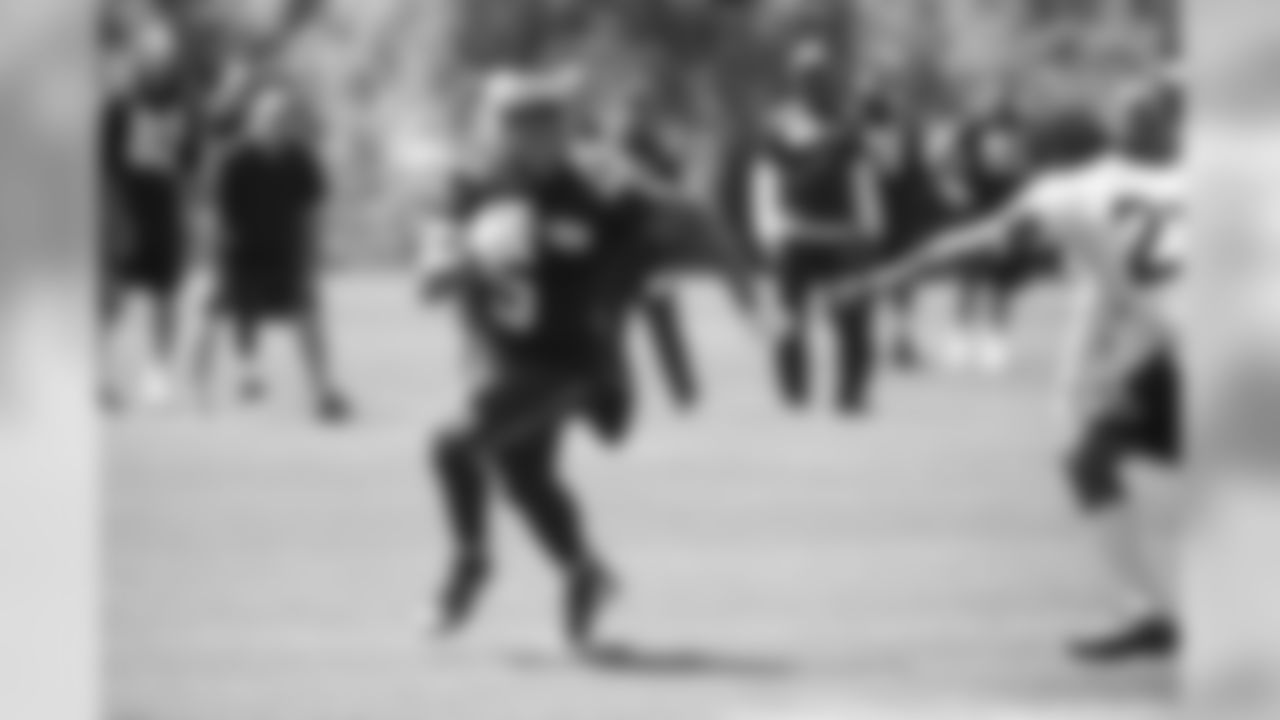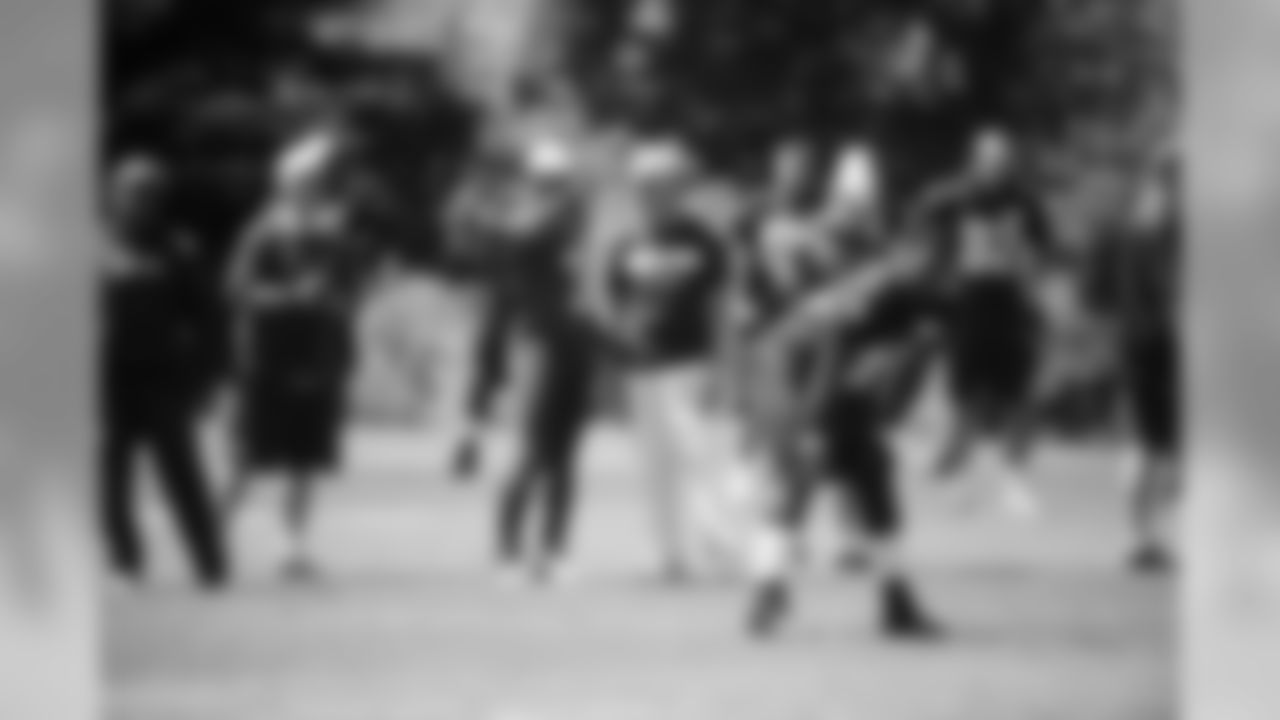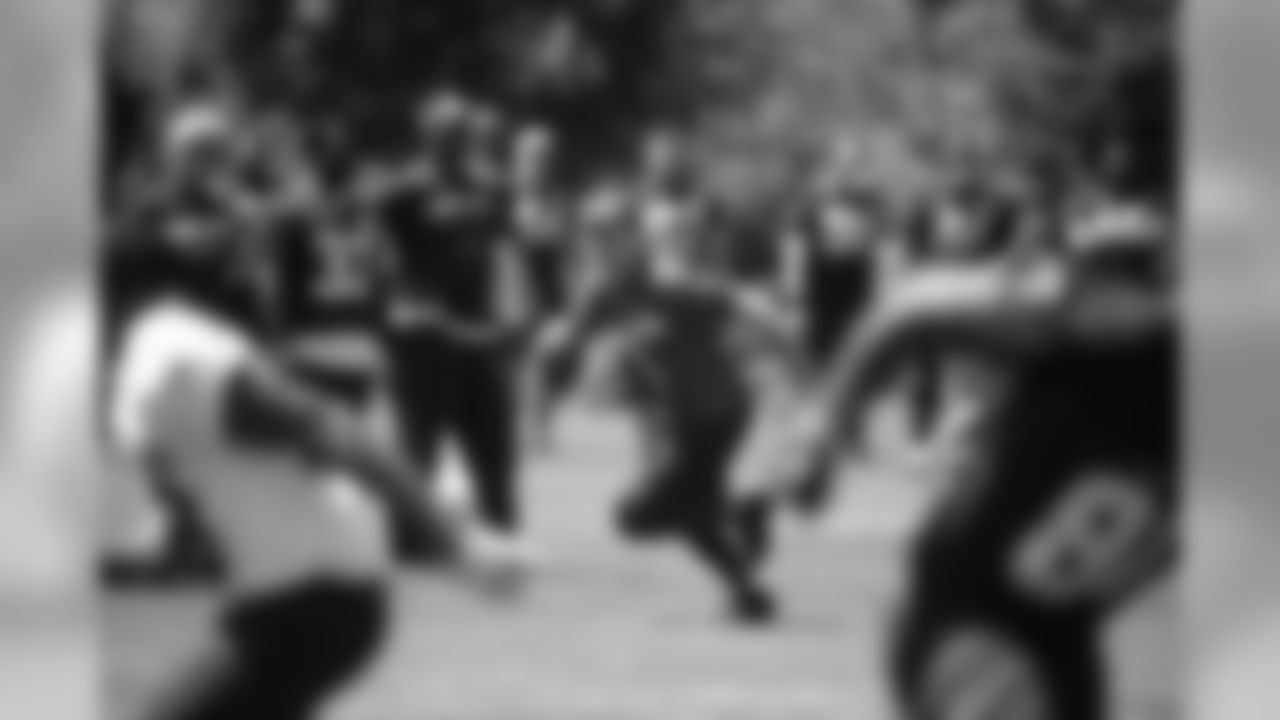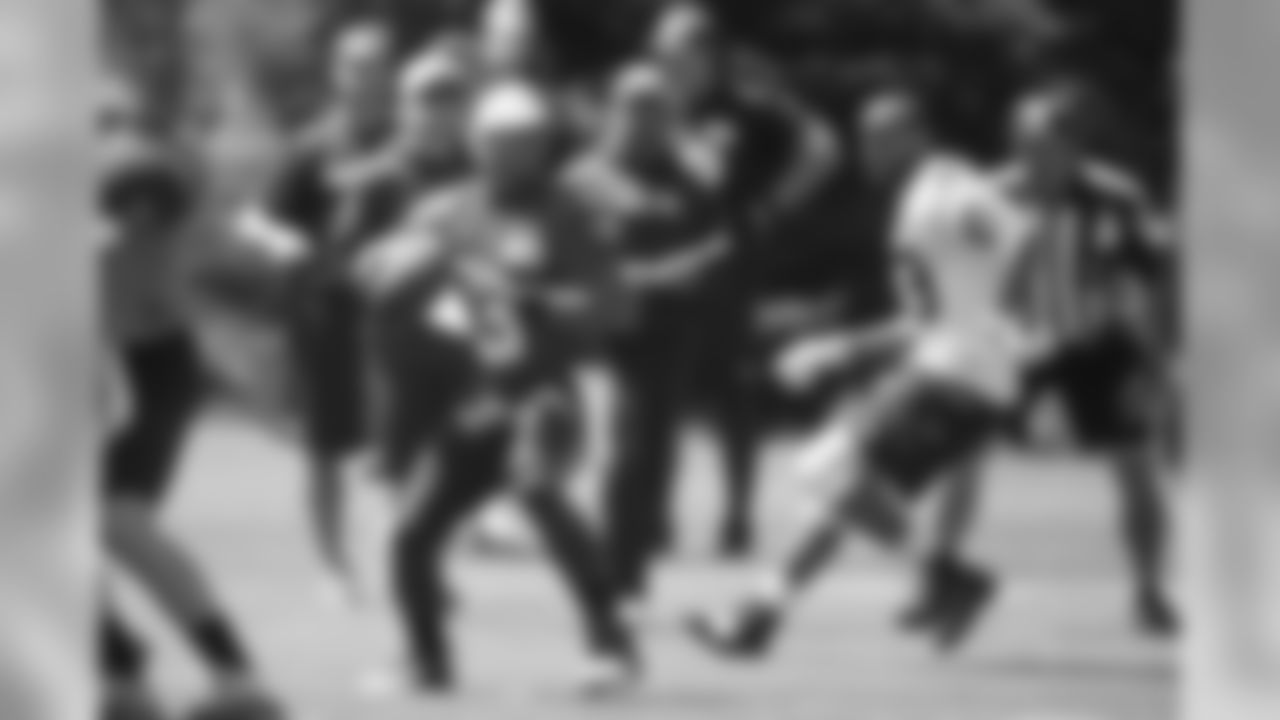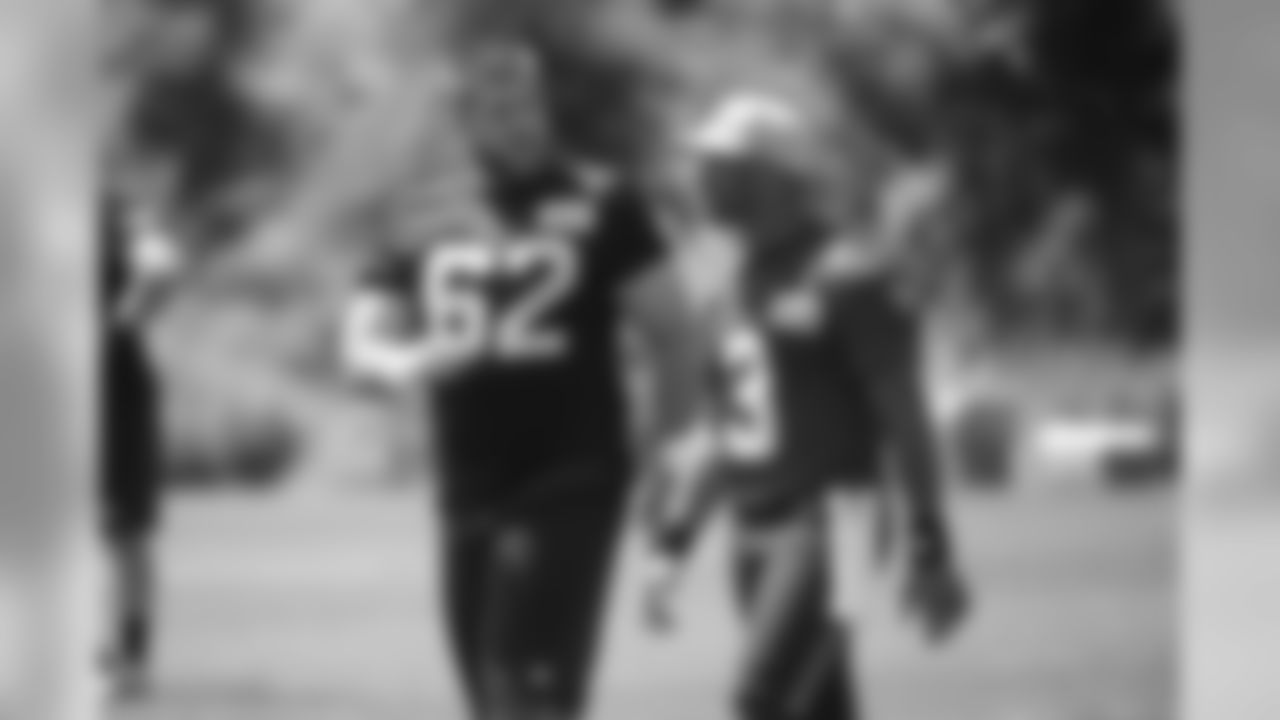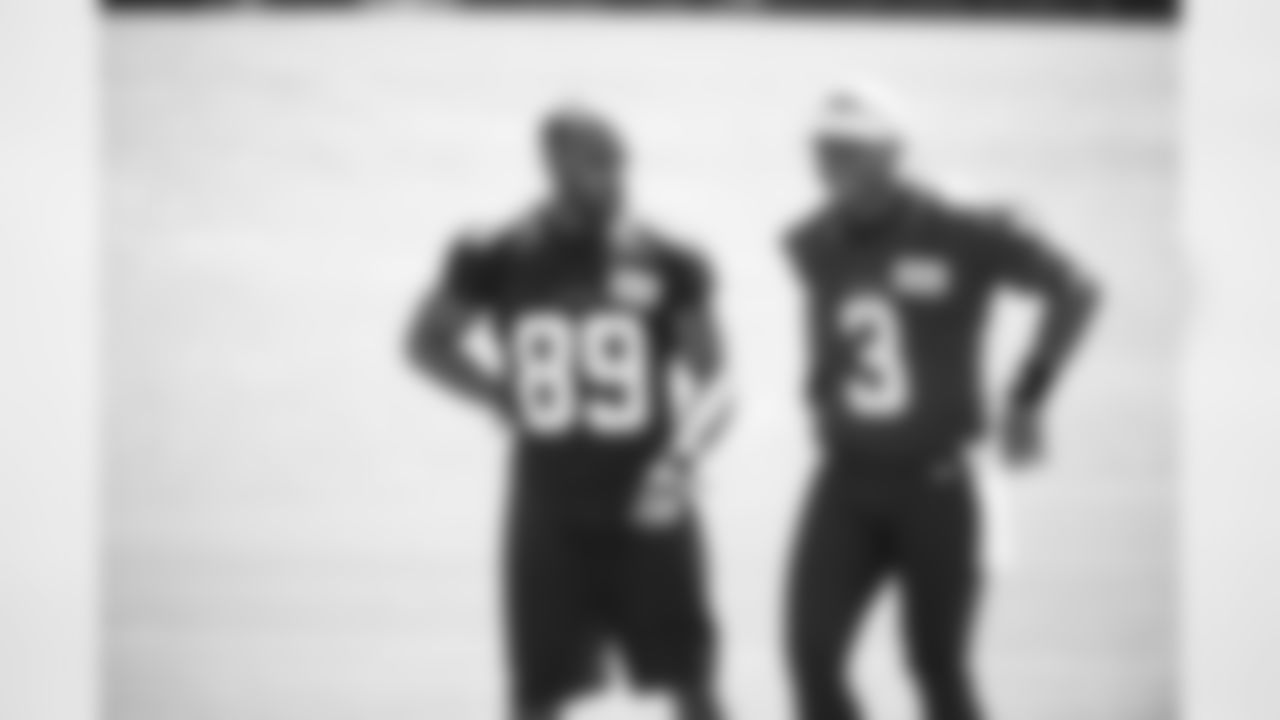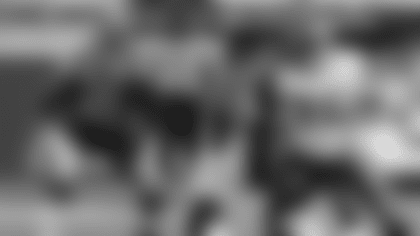When an opposing kick returner takes a knee, or when a Steven Hauschka kickoff goes through the back of the end zone, the play is over, but keep watching anyway. Even after the whistle is blown, members of the Seahawks' kick coverage team continue their version of a 65-yard dash, taking immense pride in being the first to "break the tape" at the goal line.
Not surprisingly, speedy receiver Ricardo Lockette was usually the winner last season, though before going down with a shoulder injury, rookie linebacker Kevin Pierre-Louis was often a close second. Based off what coaches are seeing in offseason workouts so far this year, the 2015 kickoff races should be even more competitive. And more importantly, that added speed should make the Seahawks better on special teams this season after being uncharacteristically inconsistent at times last year in that facet of the game.
An NFL team looking to add fast players is hardly a novel concept, but Seahawks coach Pete Carroll came out of the 2015 draft particularly excited with the speed they had added to their roster, and to their defense in particular. And while some of those fast first and second-year players won't see a lot of playing time right away on offense and defense, the payoff should happen immediately on special teams.
When special teams coach Brian Schneider watched an OTA practice last week, that speed caught his eye.
"I was blown away at how fast our team is," Schneider said. "That definitely transfers to special teams… This is probably the best group that I've been a part of from top to bottom in terms of taking instruction, and going really fast and working with great effort. We've really been pleased with all of them. We're excited to see them go play."
Drafting return specialist Tyler Lockett in the third round was the move that will have the most obvious impact on special teams play in 2015, but Carroll and Schneider are also excited about what players like rookie defensive ends Frank Clark and Obum Gwacham can add. Carroll says those two, along with players like Ryan Robinson and Cassius Marsh make Seattle's defensive front, "the fastest we've been." Add a dynamic returner, and special teams standouts like Pierre-Louis and Derrick Coleman returning from injury, and the Seahawks should go back to being one of the better special teams units in the NFL.
"This is the best group we've had," Coleman said. "There's a lot of young athletes—of course they're all raw—plus the guys we had last year like Brock (Coyle) and KPL. We've got to train the rookies on the fundamentals and the small stuff, but you'll never have to coach our effort or attitude, because we want to be out there. Half of the time we like being out there more than we like playing offense or defense."
Coleman's 2014 season ended abruptly when he fractured his foot during pregame warmups in St. Louis last October. The injury, which forced the Seahawks to adjust their game plan on the fly that afternoon, no doubt playing into their disastrous special teams performance in that loss, was tough for Coleman, but the way he sees it, his and other teammates' injuries will benefit the Seahawks in the long run.
"It made the team stronger, because guys realized they had to step up," Coleman said. "Now those guys who stepped up are back here, and everybody's just stronger now. A good came out of it. For me, I was (upset), but that's how life is, it doesn't always go your way."
The real test for any special teams player is full-contact game action, which won't happen until August, but even in June OTAs, the speed is evident, and Seattle's special teams units could be the biggest benefactors this season.
"Since Day 1 when I first joined the Seahawks, I first realized the speed," Pierre-Louis said. "As a team, we're a very fast team."
Wednesday sees another day outside for day 9 of organized team activity.


